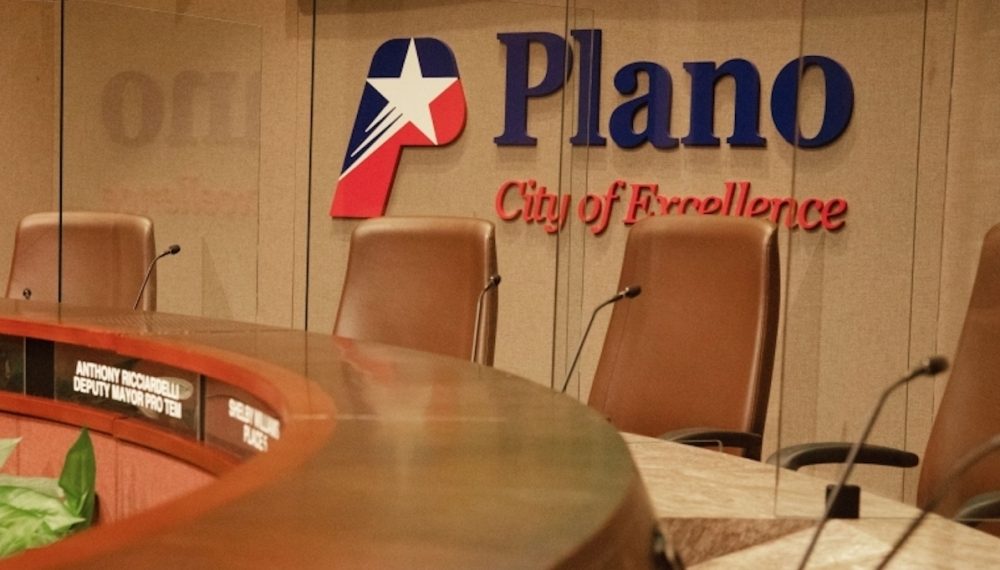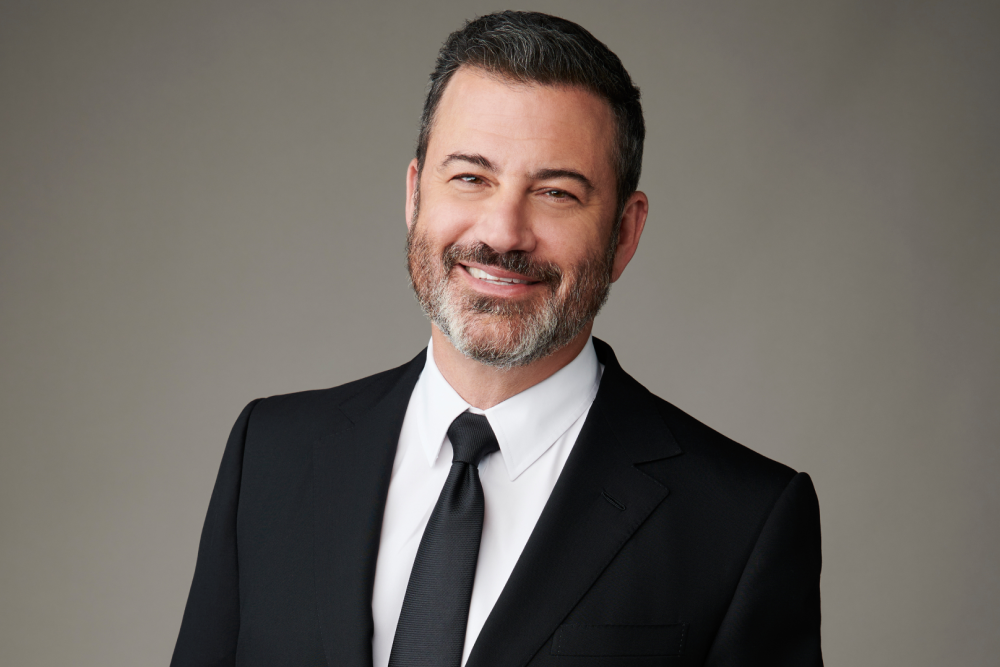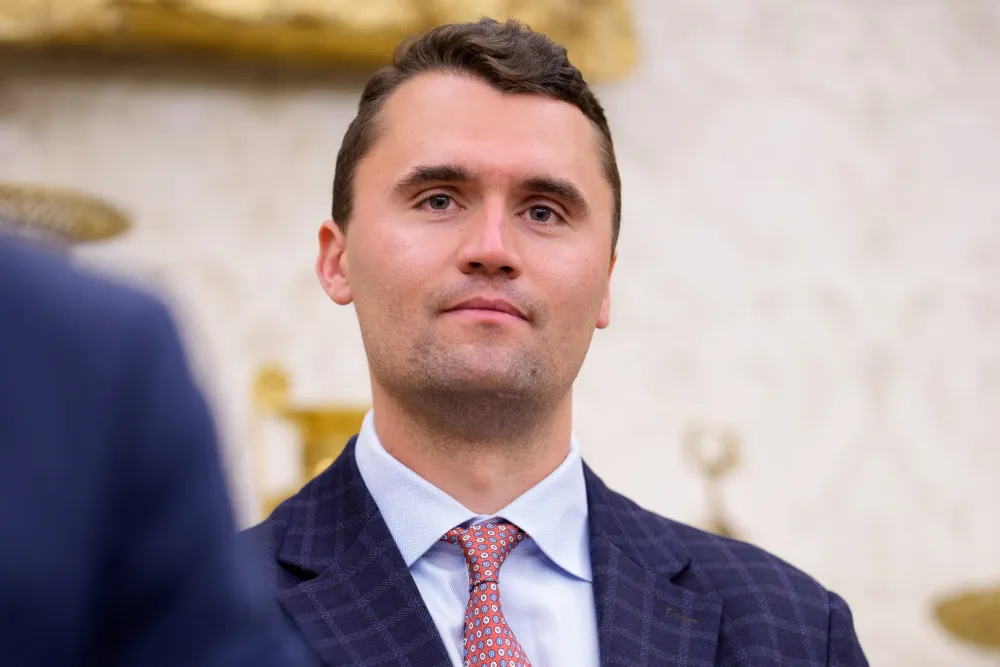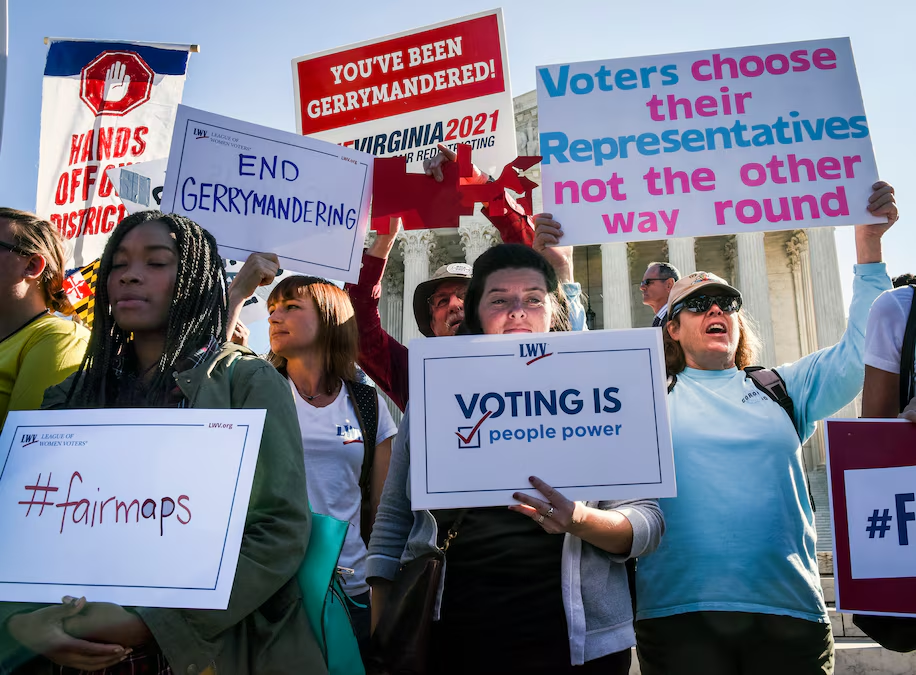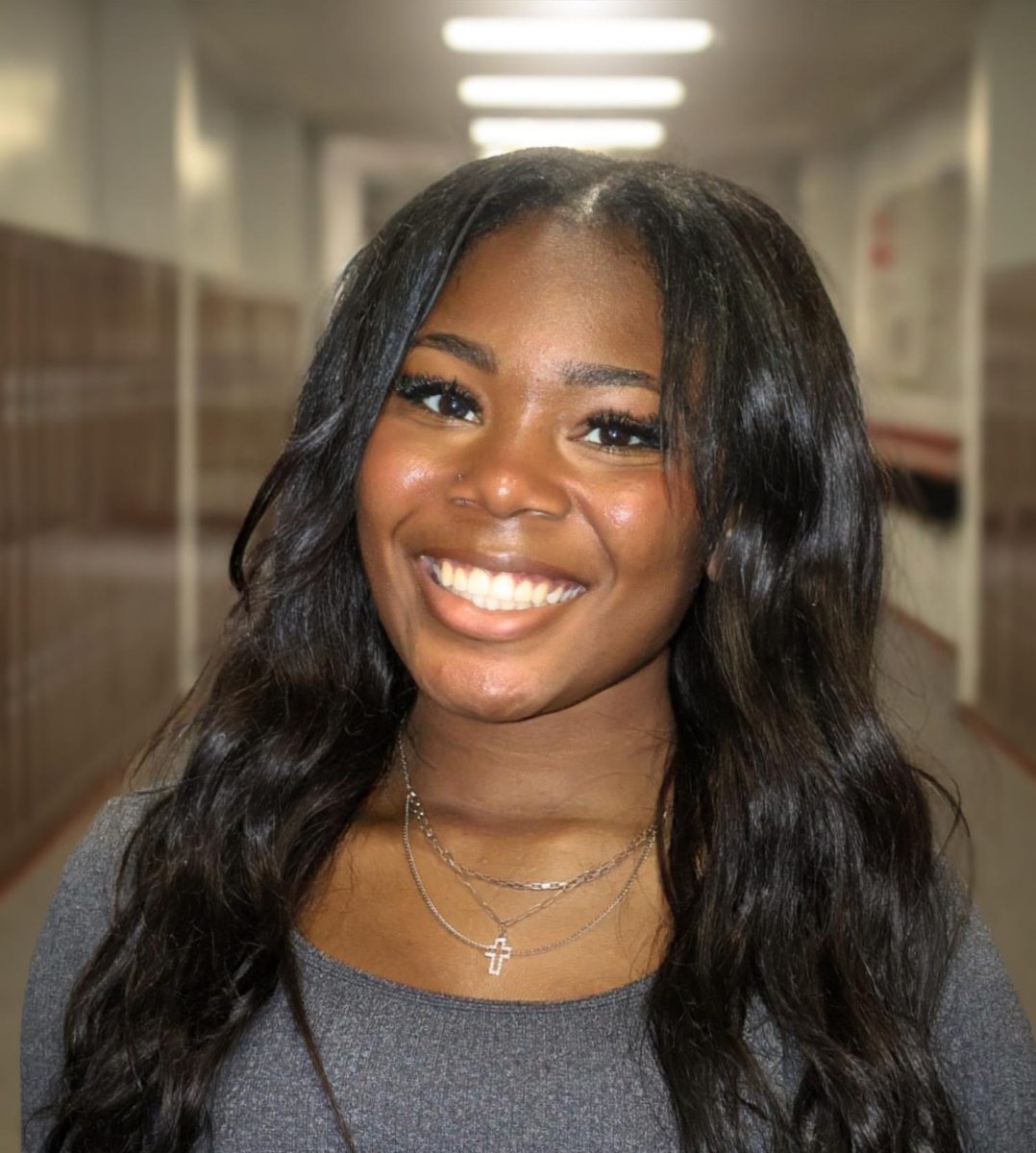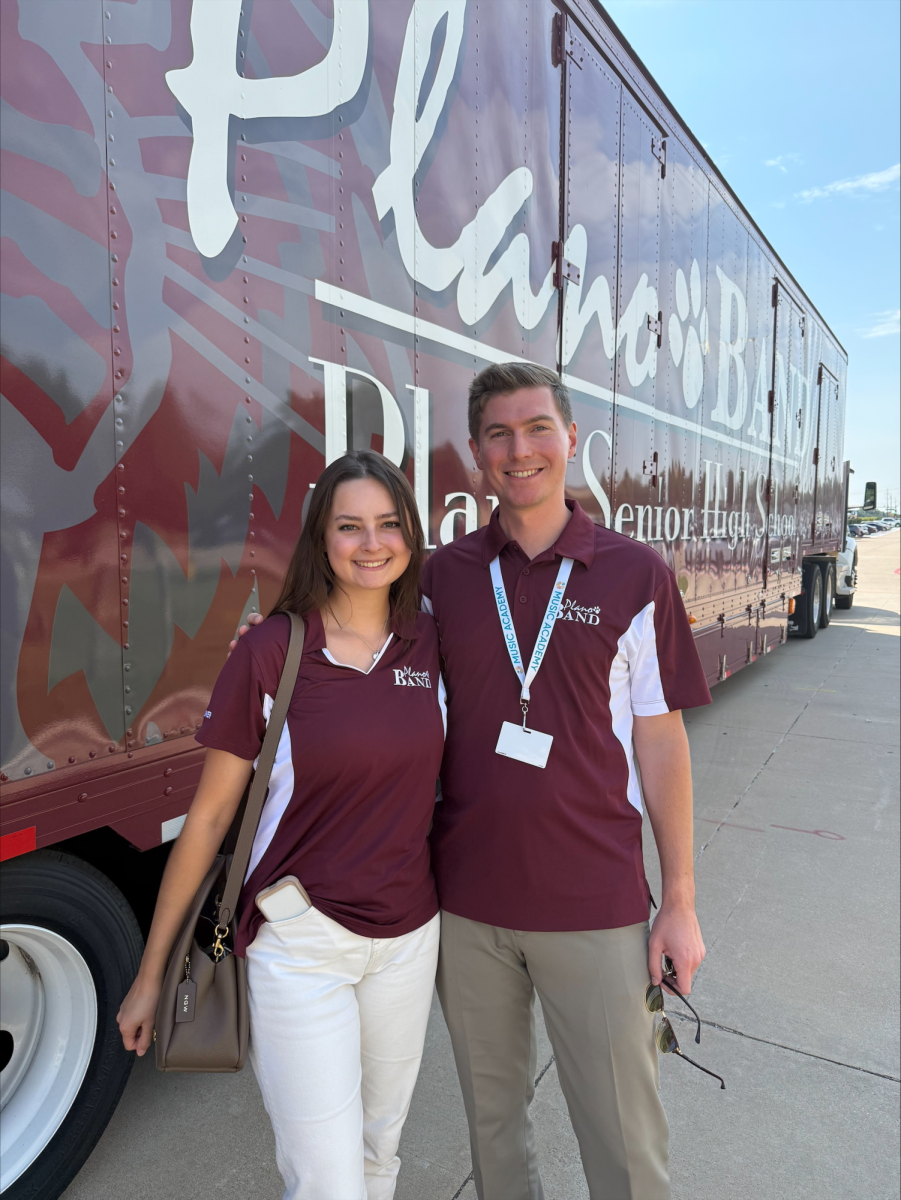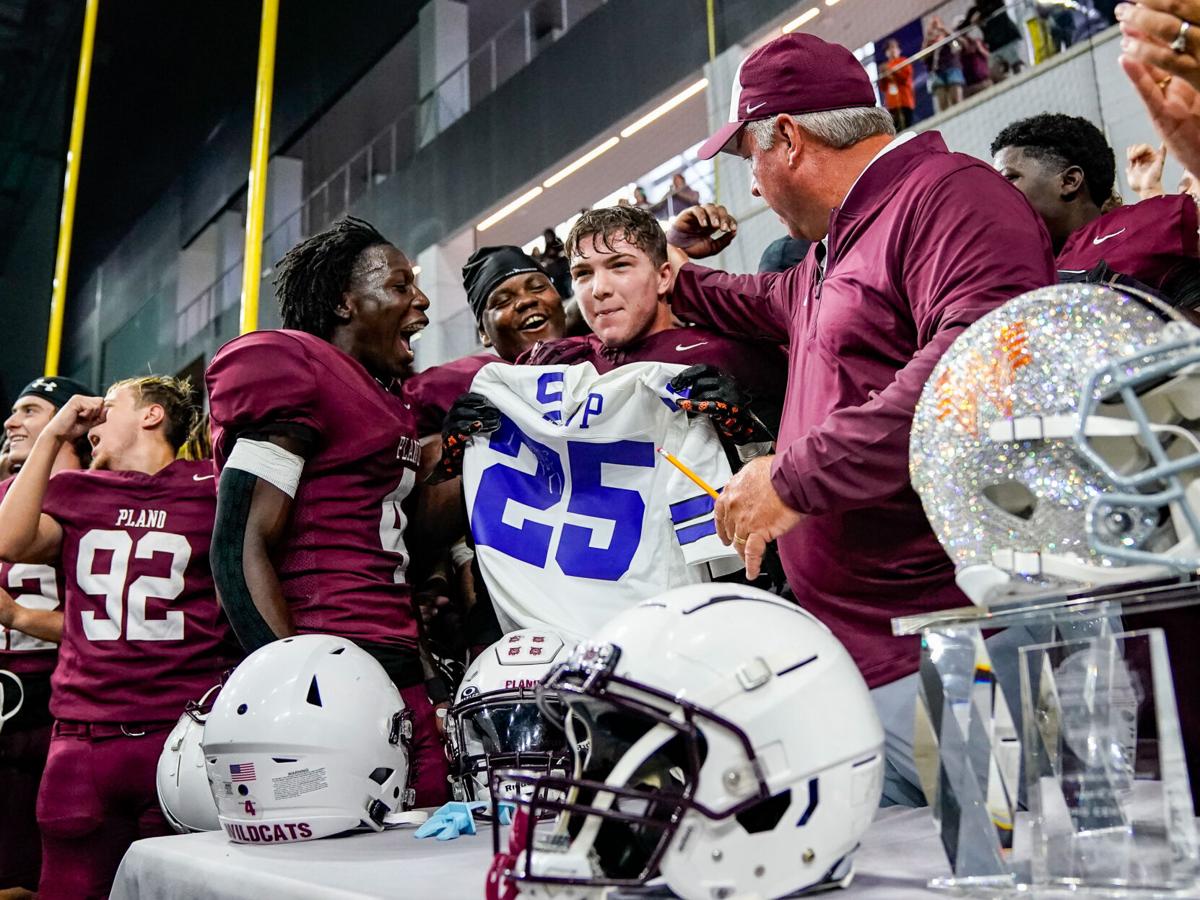Junior Justin Ying likes to lose.
“I really enjoy the competition because I like the thrill of competing against opponents,” Ying said. “I also like the feel of winning. And, believe it or not, I’ve grown to like the feeling of losing, as well, because you learn a lot more from losing than you do from winning.”
With this attitude, Ying has competed in countless speech and debate tournaments in the area.
“We compete against the entire interregional area of Texas,” Ying said. “We face schools from all over Dallas. Every time we go to these, we compete in different events.”
These events include Foreign Extemporaneous Speaking. Similar to a current events contest, this deals with up-to-date world news.
“We research every topic that’s going on in the entire world,” Ying said. “On the day of the tournament, we bring in all our research, stored up in a giant database. You draw three ransom topics, choose one, run back to your place, and start pulling up all your research. They can be about anything. You have 30 minutes to prepare a seven minute memorized speech with sources quoted inside, five or six at least. You want to be humorous, you want to be persuasive, you want to have good evidence.”
Another of the events Ying participates in is called Student Congress. Unlike the school’s Student Congress, this is a competition where a group of students pretends to comprise a congress-like assembly.
“We have a list of resolutions we can debate,” Ying said. “A resolution to change our fiscal policy. A resolution to ban tea and coffee pots from hotels because they’re 50 feet from public toilets. They’re resolutions on how to improve America. We pretend we’re Congress, and we debate, we give speeches, we question each other, we have motions. It’s you against the entire chamber. It’s really competitive.”
Although the competition is one of his favorite parts of debate tournaments, it was not the reason he started.
“I actually started in sixth grade,” Ying said. “My brother was always good at speech and debate in seventh and eighth grades, so I wanted to join. In sixth grade I [participated in] a very kiddy event called storytelling where you take a children’s book, you memorize it, and you present it to people. I did that and really enjoyed it. Ever since sixth grade I’ve been doing speech and debate. I got hooked then.”
Other than debate, Ying participates in a well-rounded range of activities, both academic and community-oriented.
“I used to do Science Fair a lot [because] I really enjoy the scientific process of thinking,” Ying said. “I also like to do NHS and community service, and I’m in Whiz Quiz, which is sort of like jeopardy. That’s really fun as well.”
Ying has noticed that this overwhelming amount of extracurricular activities has a negative effect on his social life and even school work.
“I feel like I put too much on my plate, and I really suffer from that,” Ying said. “If I’m competing a lot, I almost never have a Friday or a Saturday to myself. I’m always off wearing a suit, competing with my team. There’s a tournament almost every weekend. Other than that, I miss a lot of days of school, so a lot of my time is spent catching up on makeup work and makeup lessons.”
Despite the challenges that his interests cause, Ying feels that the benefits outweigh the disadvantages.
“It improves my researching skills and my ability to present an argument,” Ying said. “Other than that, it also lets [me] know where [I] stand inside the entire world. For example, when I went to the Harvard tournament, I got a good idea of how Florida’s doing, how California’s doing, how they’re different from Texas. It’s really interesting. Most importantly, it allows me to know how to communicate with people, to know what people are thinking, and to be able to express my ideas in a way that people completely understand.”
Those close to Ying, however, have mixed feelings about his competitions and do not always see them in the same way as he does.
“My parents, my mom especially, are proud of what I achieve,” Ying said. “In general, she really supports me, but she notices how much time I spend on this and how much time is wasted [and] is a lot of times telling me that I shouldn’t go to as many tournaments and discouraging me from spending too much time on [debate]. Sometimes she says, ‘Justin, you need to spend more time on school. Go to tutorials instead of debates.’”
Ying’s support and mentoring also comes from his speech teacher, Cheryl Potts.
“Ms. Potts is one of the most amazing women I’ve met in my entire life,” Ying said. “There isn’t a day where she doesn’t teach me something new or make me laugh. Or cry. But she’s really cool.”
Acknowledging the maturity he has gained from academic competitions, Ying appreciates the lessons he’s learned.
“I think that school itself teaches you the basics but you need to take those basics and apply them in other fields,” Ying said. “I’ve grown to have a mentality where you have to work your best in order to get something. You aren’t entitled to greatness; you aren’t entitled to do well in a class. It won’t be given to you on a silver platter, so you have to work for it no matter what. For the grade, for the good GPA and rank, for the awards and leadership positions. In other words, I learned that there is no free lunch.”
Ying knows that speech and debate are in his future, and he keeps that in mind as he is enduring the college search process.
“I plan to do it really intensely senior year,” Ying said. “In college, I also plan on doing it a lot. Going to Harvard would be amazing, considering that it’s the most prestigious school. It’s a high dream that I aspire to. I know the colleges that have good debate teams and that participate a lot. I also know the colleges that have the fields that I’m looking for – politics and business. In general, I’m keeping my options open. Wherever I go, I go.”
Knowing the way he comes off to other students, Ying has a message.
“I compete a lot and although I seem really busy, I also like to have fun,” Ying said. “When I’m not competing, I like to play games, play practical jokes, hang out with people. In other words, I’m not completely doing things for college. My main focus isn’t college. It’s to enjoy life, and these things I really, really enjoy doing. I don’t compete to win trophies.”



